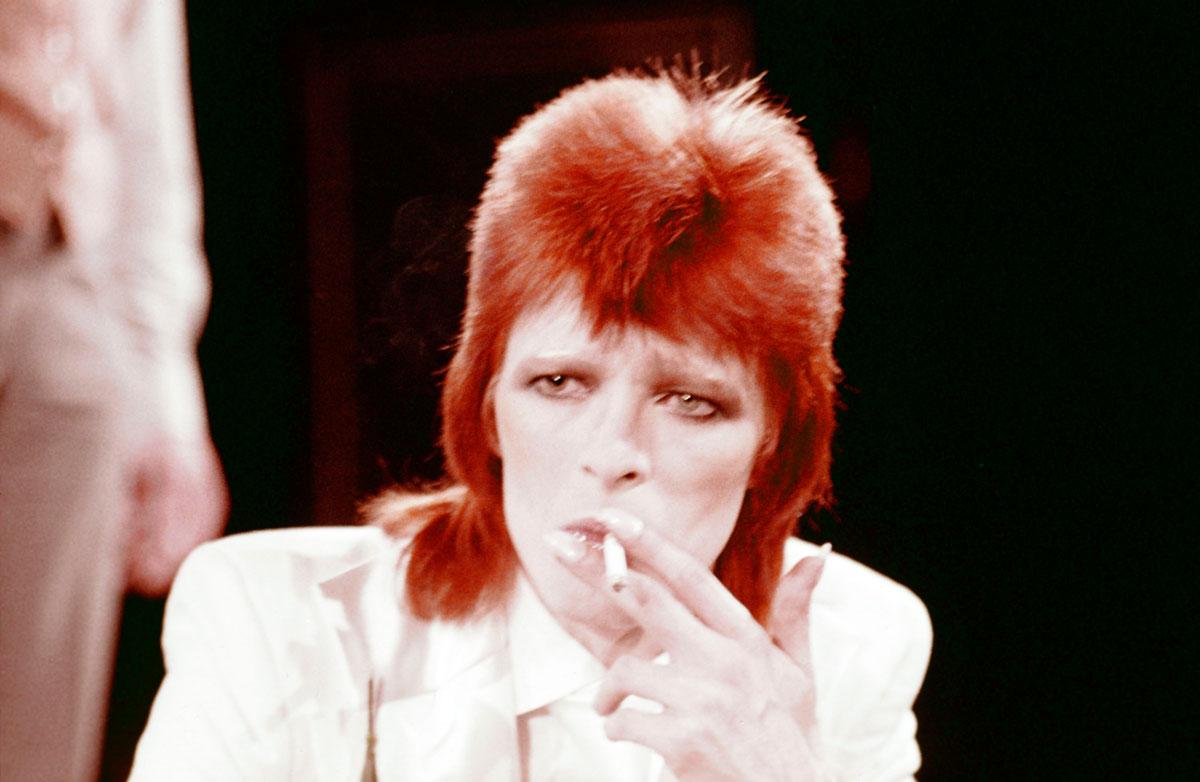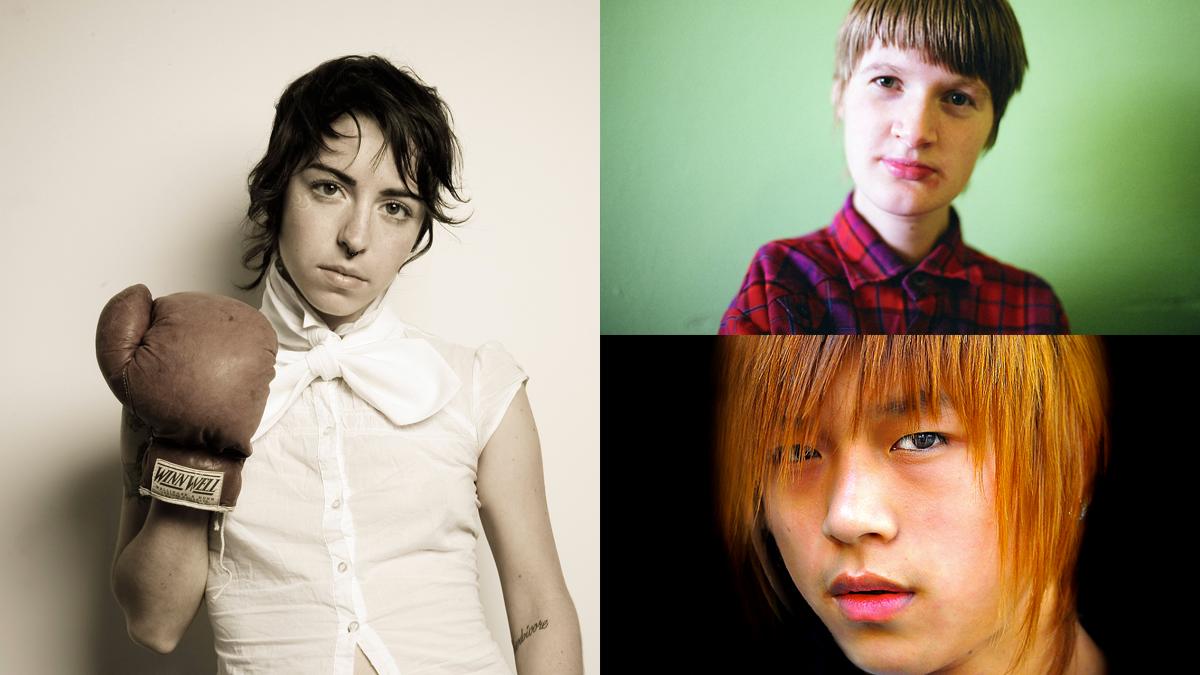In this week’s World in Words podcast, I talk about the word, “they” and David Bowie. It starts at 12:30 in.
In my mind at least, there is a connection between Bowie and “they.”
Two days before Bowie died, the American Dialect Society chose “they” as its word of 2015. Yes, that humble pronoun that's been around for quite a while. What’s new about it recently is that it has become the go-to pronoun to describe a person in a gender-neutral way. Which if you consider the alternatives — “he,” “she,” “it” — is understandable.
Even the Washington Post now allows “they” as a gender-neutral singular pronoun.
David Bowie, futurist that he was, was playing around with “they” many decades ago. Back in the early 70s, he declared he was gay, close to the same time that he announced that he and wife were having a kid.
On stage, he cross-dressed — or rather, dressed to confuse people about his gender: skin-tight onesies, glow-in-the-dark hair, shiny red boots. No big deal, right? Back then, it was. Sure, there were drag entertainers, but Bowie’s sexual ambiguity was radical: Did he like men or women, or both? Was he a man or woman, or something in between?
The day after Bowie died, I posted this on Facebook:
“Back in the last century, this multicolored vision of lycra and eye shadow appeared on our dull TV sets in our brown living rooms. He gave many of us confused kids permission to experiment with gender and identity. Thank you DB for pioneering ‘they’ androgyny.”

“I take on the guises of different people I meet,” he told talk show host Russell Harty in 1973. “I can switch accents within seconds of meeting somebody. I’ve always seemed to collect personalities.”
For many of us, his guises and personalities began in the androgyny of the early 70s. The more he wrapped himself in artifice, the more real he was.
You can follow The World in Words stories on Facebook or subscribe to the podcast on iTunes.
Our coverage reaches millions each week, but only a small fraction of listeners contribute to sustain our program. We still need 224 more people to donate $100 or $10/monthly to unlock our $67,000 match. Will you help us get there today?
